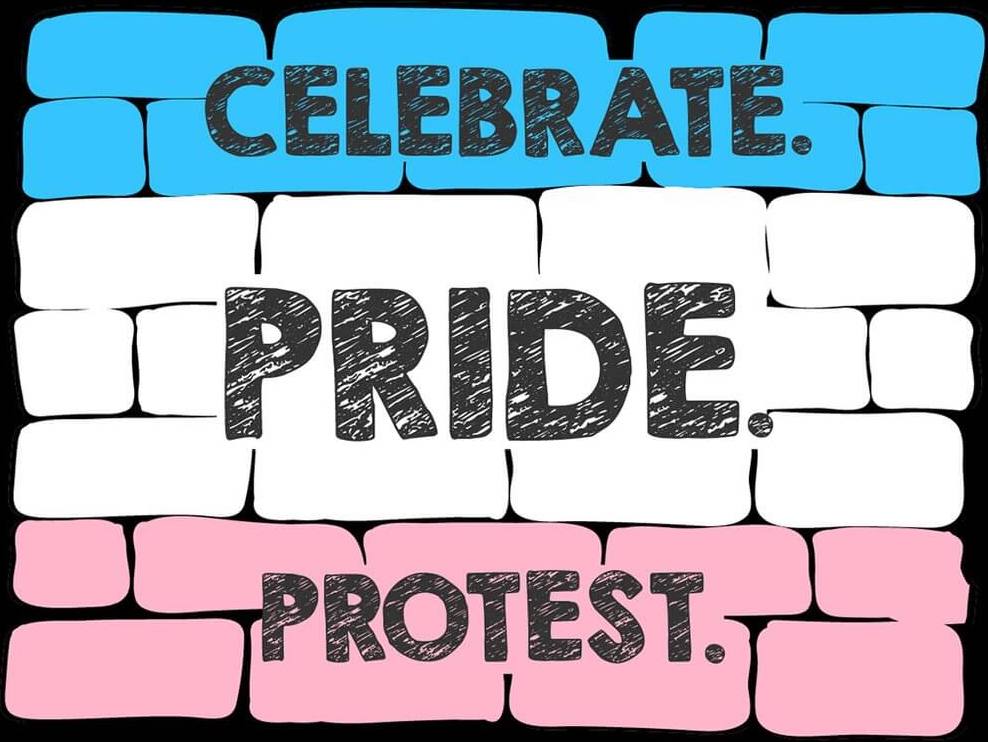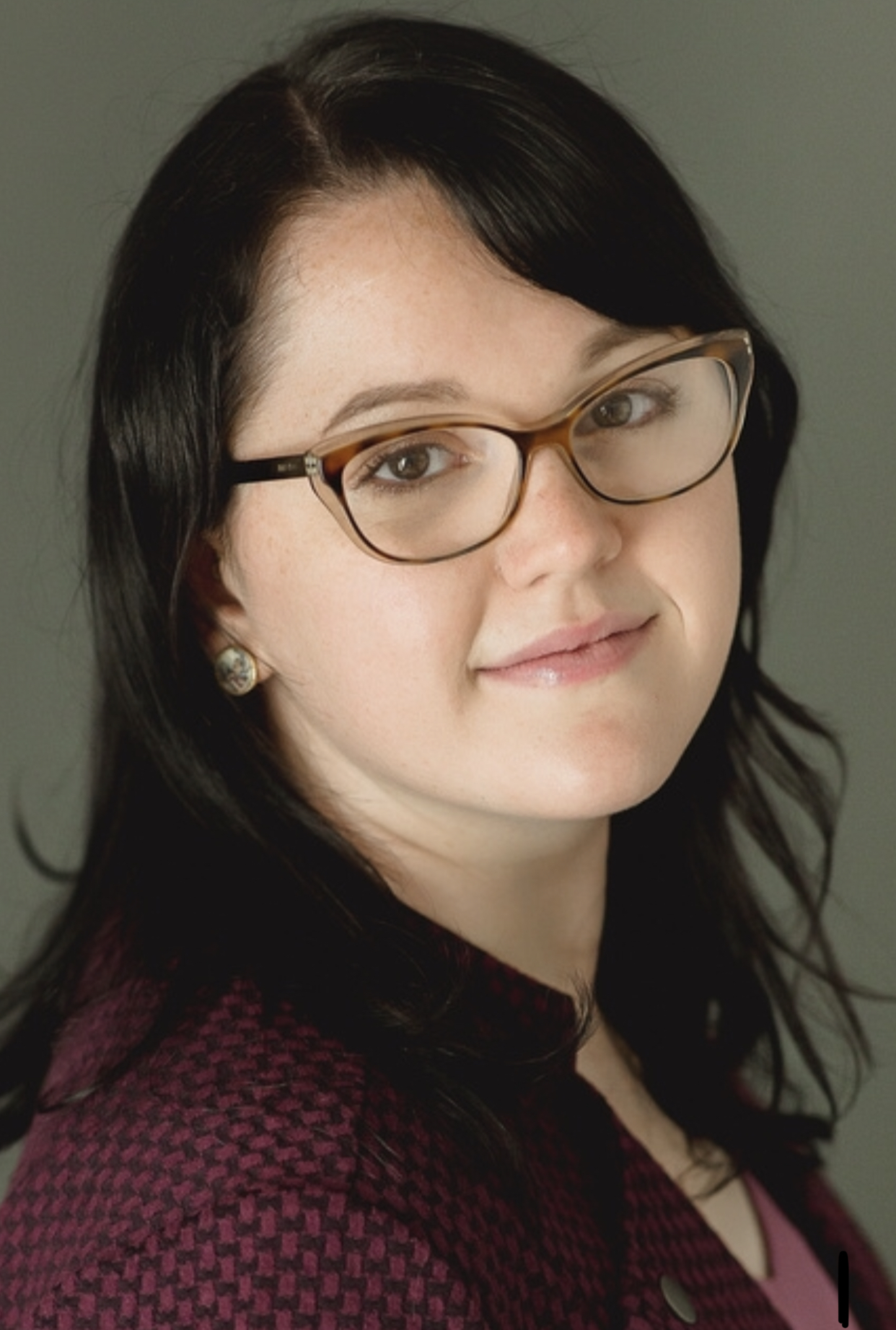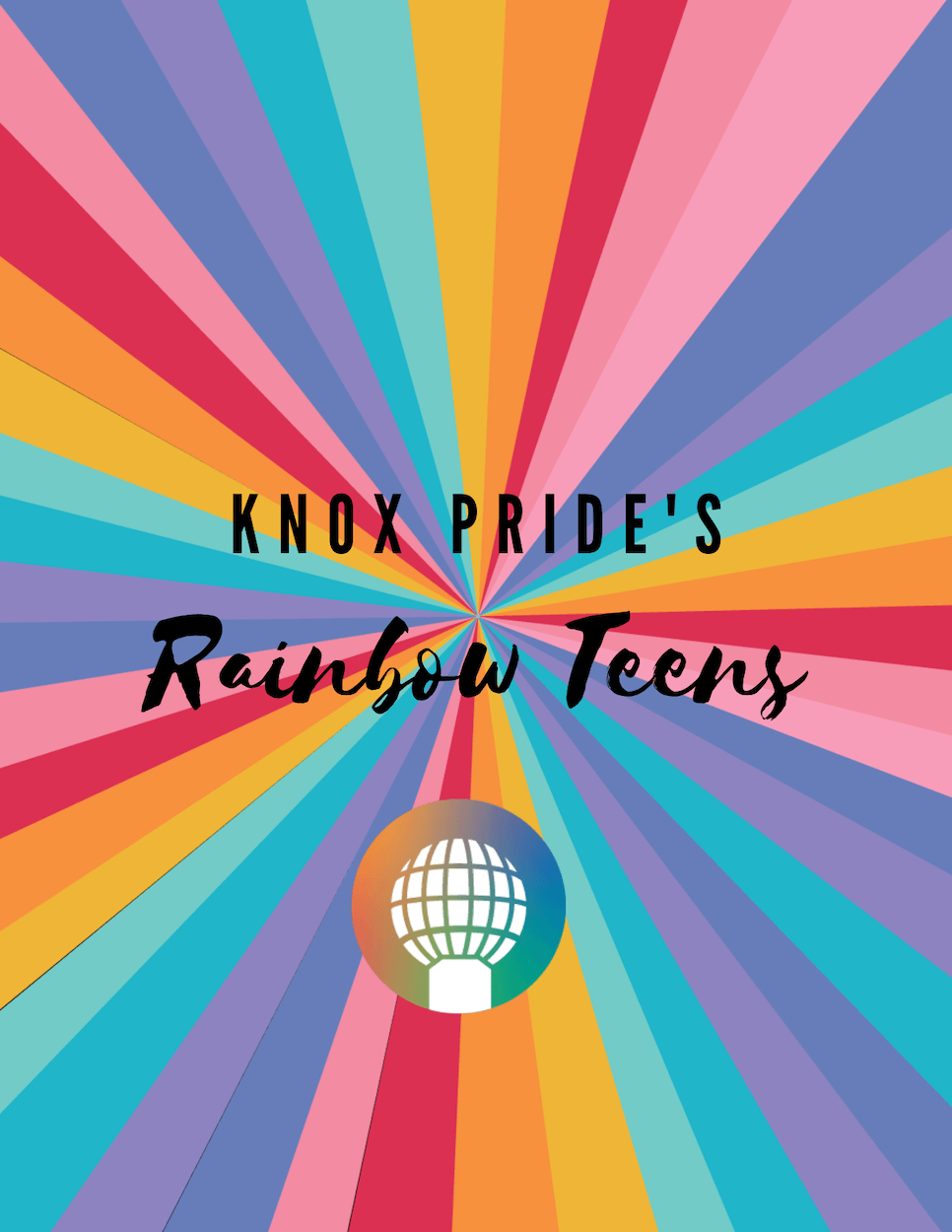Security Question: What was the make and model of your first car?
By Molly A. Cross
The red car raced down the road that cut through the corn fields towards Boyd’s Creek. It was a Dodge Neon that during the daytime smelled like cheaply melting plastic, but under the country stars, with the window down you could faintly smell ocean brine. In 2008, my Series of Unfortunate Events books were destroyed during hurricane flooding on a family vacation to Charleston, yet the car still sped into the night as if the water had never threatened to wash it away. That was a time when my mother sat in the passenger’s seat, but those days were long past.
The car would not be significant if it wasn’t for my father. He never drove like he was trying to get somewhere, but on the contrary, he drove like he was trying to escape something. His weary right eye, blind, yet always looking.
There was a dilapidated barn just after the fields of corn, a Halloween scaredy cat painted on its second story shutters arching its spine. This was a memory marker. It meant that it was darkness and car headlights from now on. My father turned up his music, the mixed CD whirring in a CD player that had been duct taped to his dashboard. He had refused to pay the extra hundred dollars for a built-in player. He lit up a menthol cigarette and sung along to the crooning voice of Ben Gibbard.
There was something so terrifying about being my father’s copilot- a sort of chaos that always threatened to engulf him. A sort of speed that would make your heart race. When I drive, I can still see my father’s silhouette, like a ghost of his former self or maybe it’s just a reflection of me.
I was nine years old the day my mother pulled up to the strange apartment complex, the only familiar thing was the red car in the parking lot. My mother parked, the voice of my first-grade teacher (my mother’s best friend) barking for my mother to go knock on the door…that she wouldn’t be wrong. That day, I wished for any color besides red. My mother knocked on the door, a woman in a towel answered and behind her was my father.
Track skip to the song where my father is loading boxes of comic books into the small trunk of the Neon. Track skip to weekends where we would go on late night drives, me in passengers’ side my head lulling on the window and my eyes towards the stars. Track skip to learning honesty and vulnerability. Track skip to daddy’s girl.
Intermission.
CD change.
Darkness whirring by me.
Greedy, shadowy hands reaching out in the night.
Flickering headlights.
Snuffed cigarette.
Track skip to my return to the back seat. Track skip to lectures. Track skip to unbearably tense car rides. Track skip to learning to shut the fuck up. Track skip to homophobia. Track skip to silence.
Track skip to sold for spare parts.



 (Tap to Zoom in New Tab)
(Tap to Zoom in New Tab)
 (Tap to Zoom in New Tab)
(Tap to Zoom in New Tab)